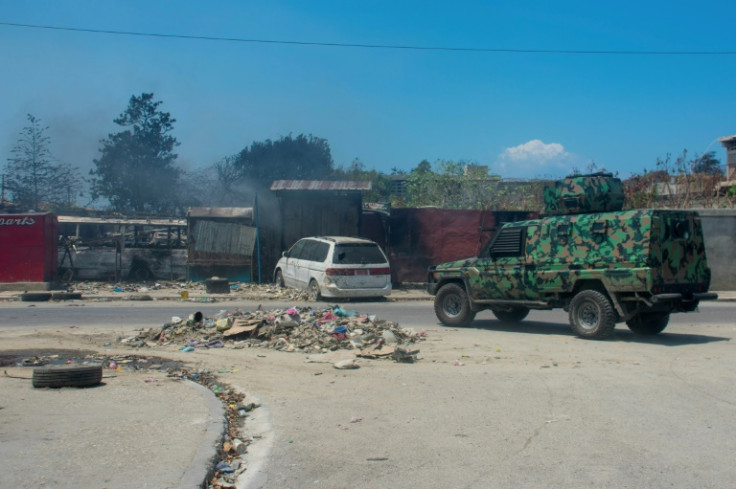
Haitian leaders have finalized the political agreement that will serve as their framework to form a transitional council, tasked with taking the country out of its current state of collapse and overseeing the swearing-in of a new president in roughly two years.
The Miami Herald reported that the council will finally be made up of seven voting members and two non-voting observers. They have already signed the final document, putting an end to almost a month of negotiations that started when the current prime minister, Ariel Henry, said he would relinquish power if such a council was formed.
The first order of business will be appointing a new Prime Minister. The outlet added that council members have given themselves broad powers over the incoming government, including the ability to fire the next prime minister, something that usually falls under the purview of parliament. They can also name people to a series of newly created agencies, including a national-security commission.
The agreement has already been sent to Caricom, the bloc of Caribbean nations that has been pushing for the agreement. It will also be forwarded to outgoing Prime Minister Ariel Henry, who hasn't been able to return to the island as the airport remains closed following a surge in violence after his departure. He and his council of ministers will have to sign off on the deal.
The council also had to commit to accepting the deployment of an international security force tasked with neutralizing the gangs that now control most of the capital, Port-au-Prince. However, it didn't clarify whether the mission will be welcomed, nor how they will deal with the criminal organizations. Kenya, set to lead the force, has put it on hold pending the formation of the next government. It also said it needs to be financed before it can deploy.
As for the naming of the Prime Minister, the council will have to choose between 15 nominations at most. The requirements are the following: have been born in Haiti, have residence in the country and commit to residing there throughout the mandate. The ordinance also requires "excellent community skills" and be a good negotiator.
Meanwhile, the country continues to be immersed in chaos. Over 50,000 people have been reported to flee Port-au-Prince in in the past three weeks, Euronews reported. More than 60% of the population is heading to the southern, more rural region of the country, something that has worried UN officials as the area lacks the infrastructure needed to address the needs of that many people.
© 2024 Latin Times. All rights reserved. Do not reproduce without permission.







